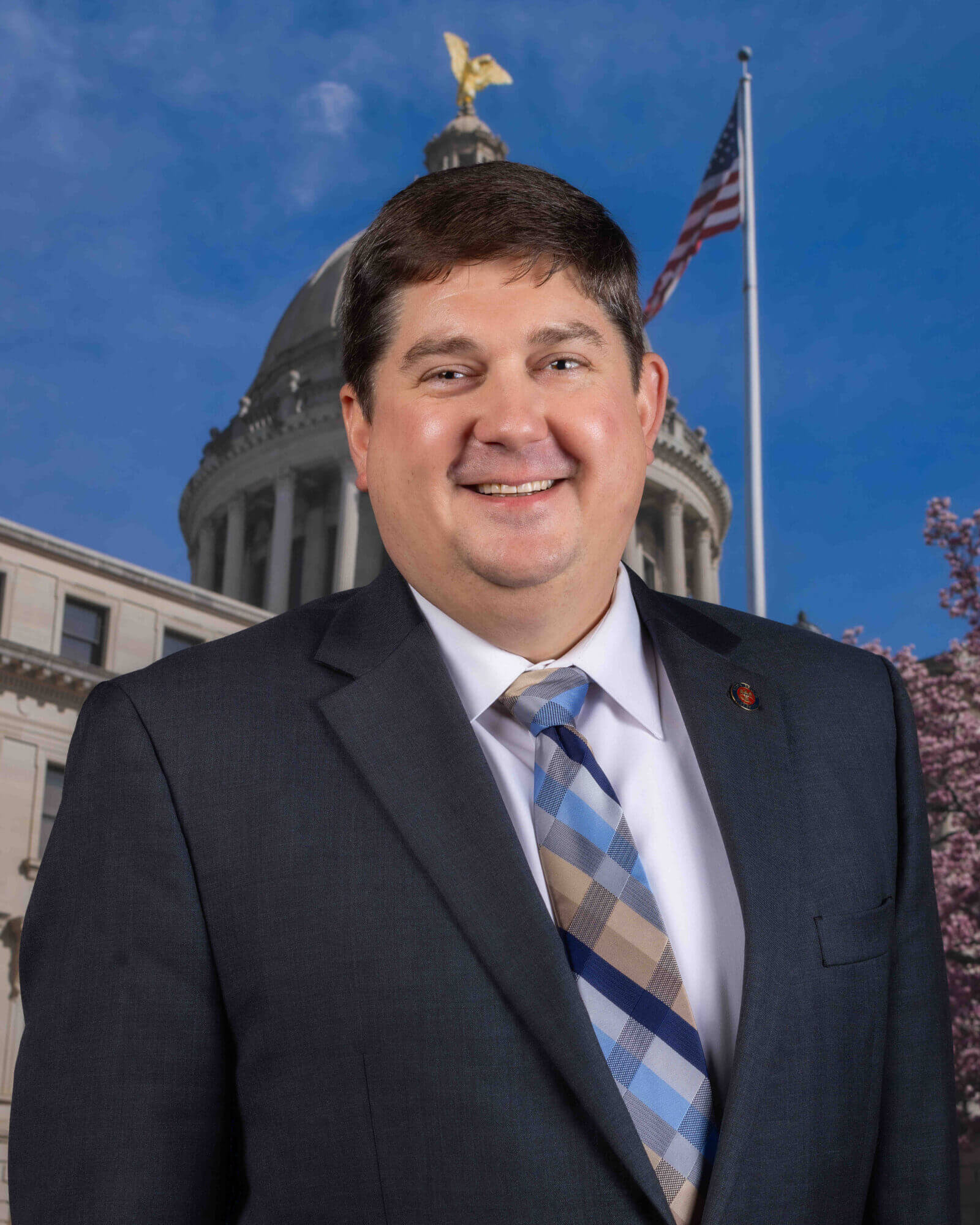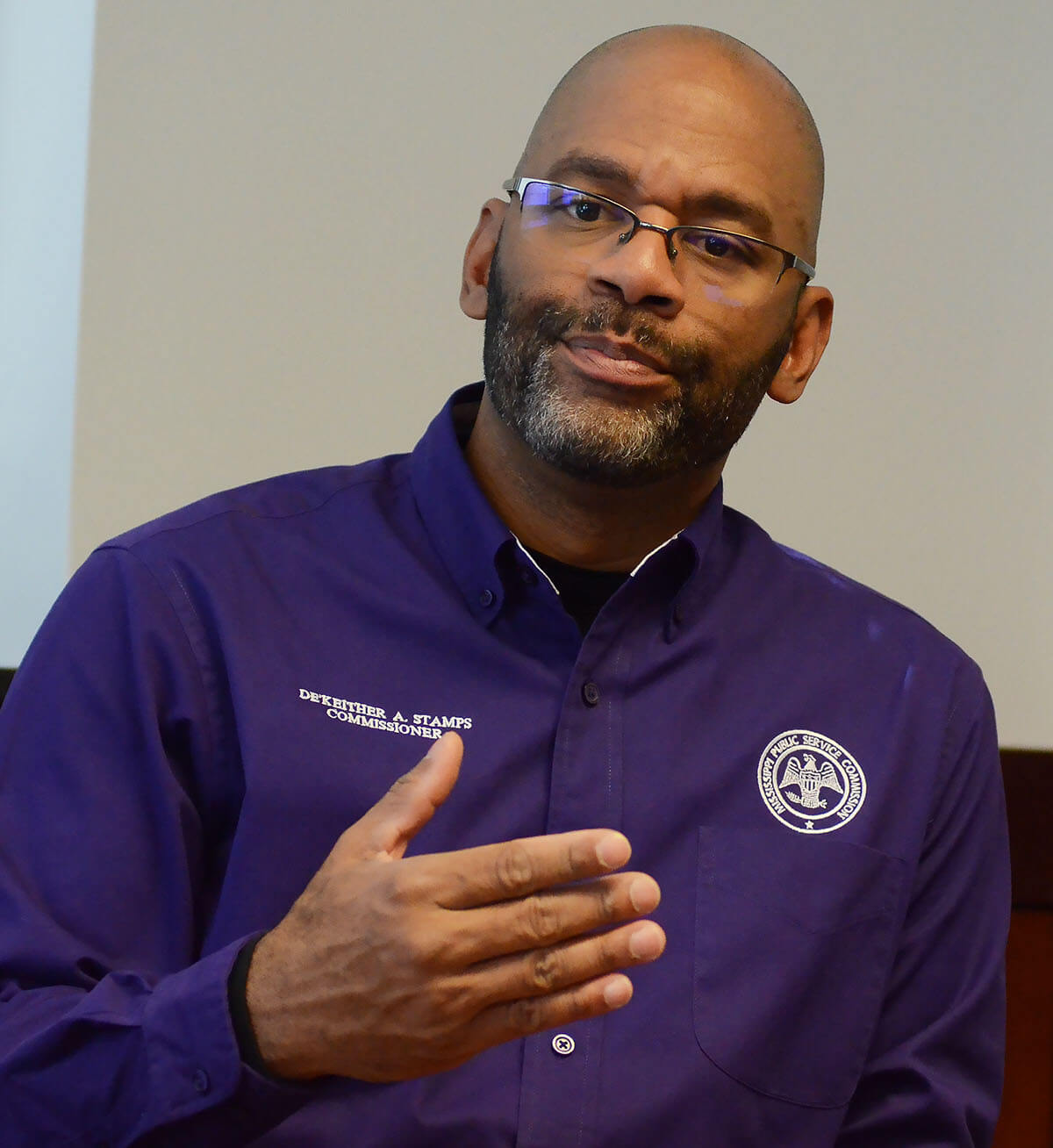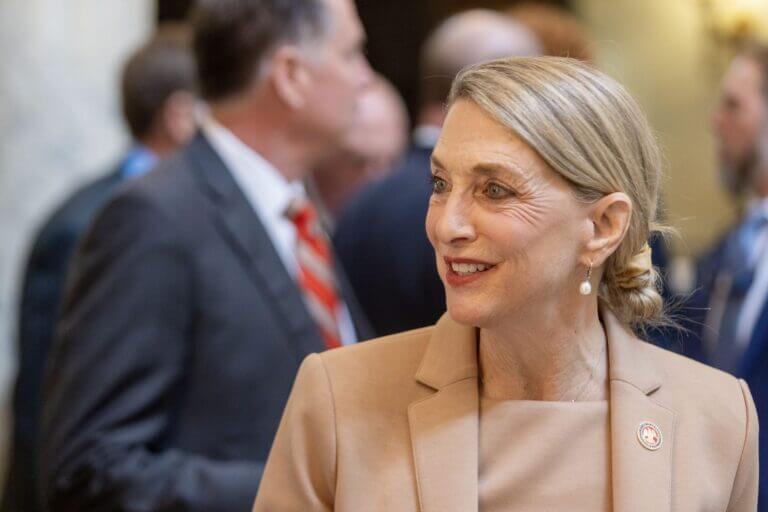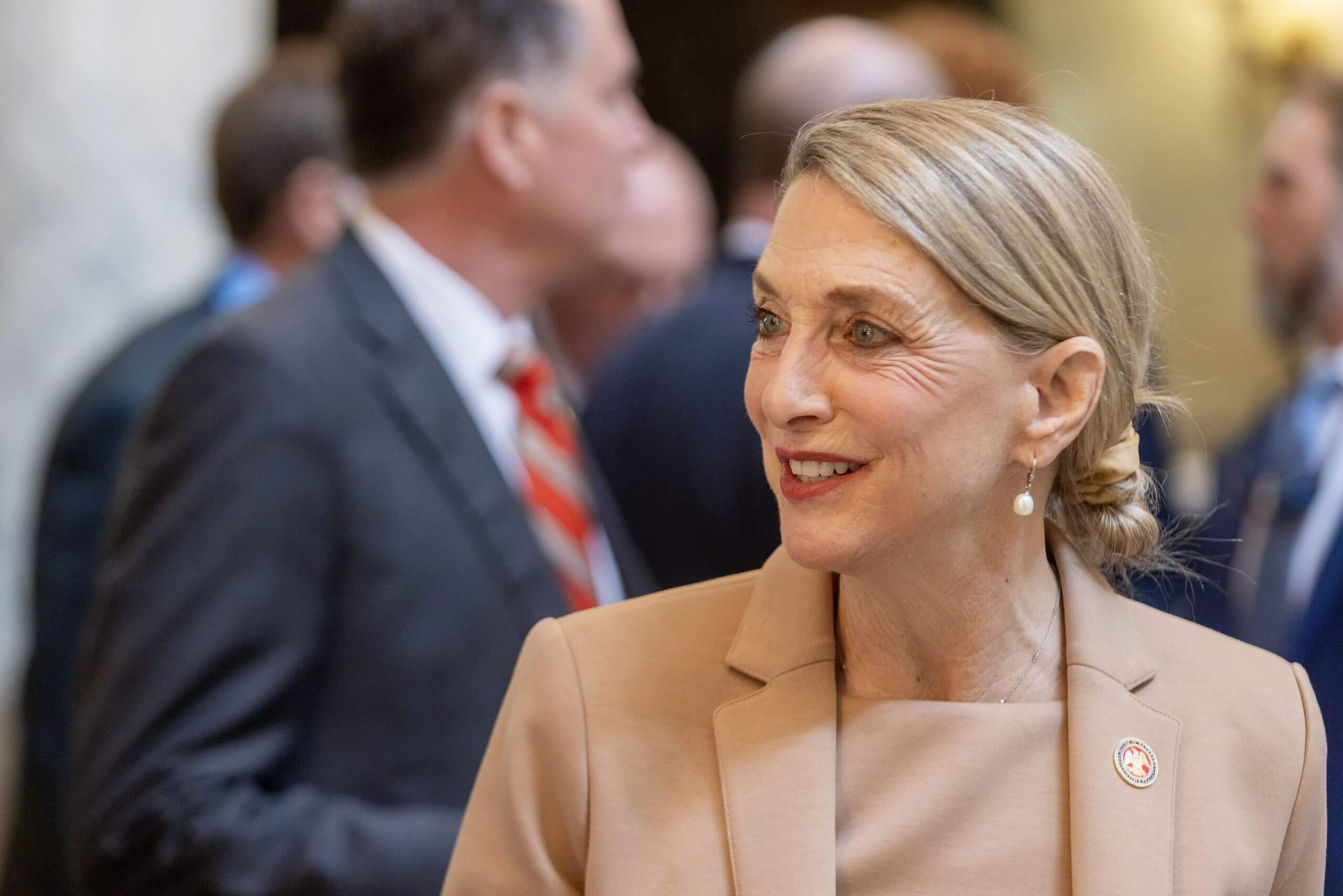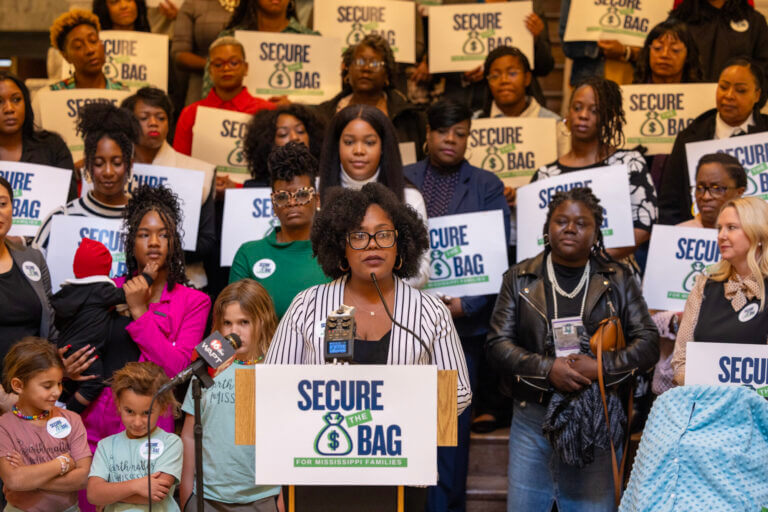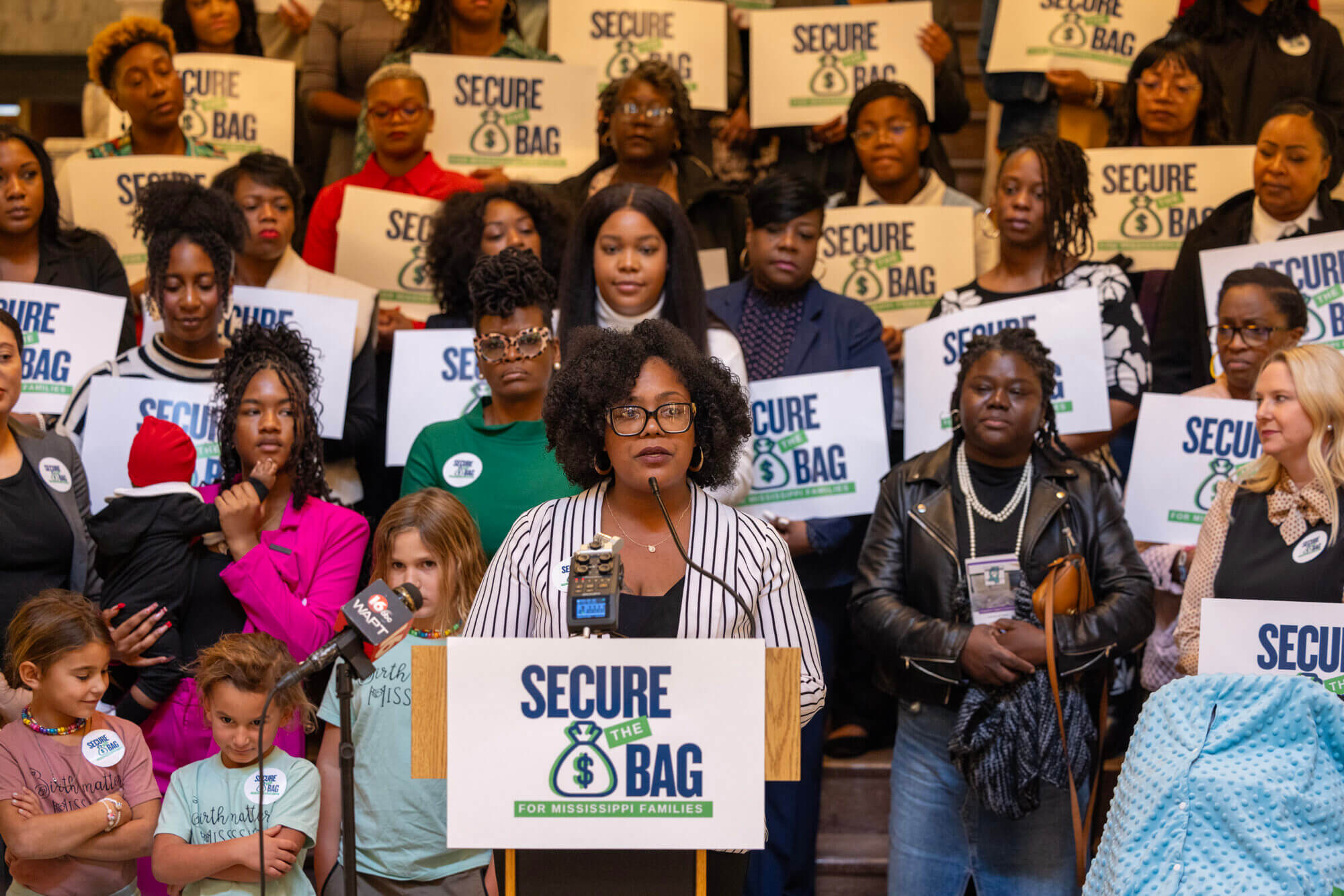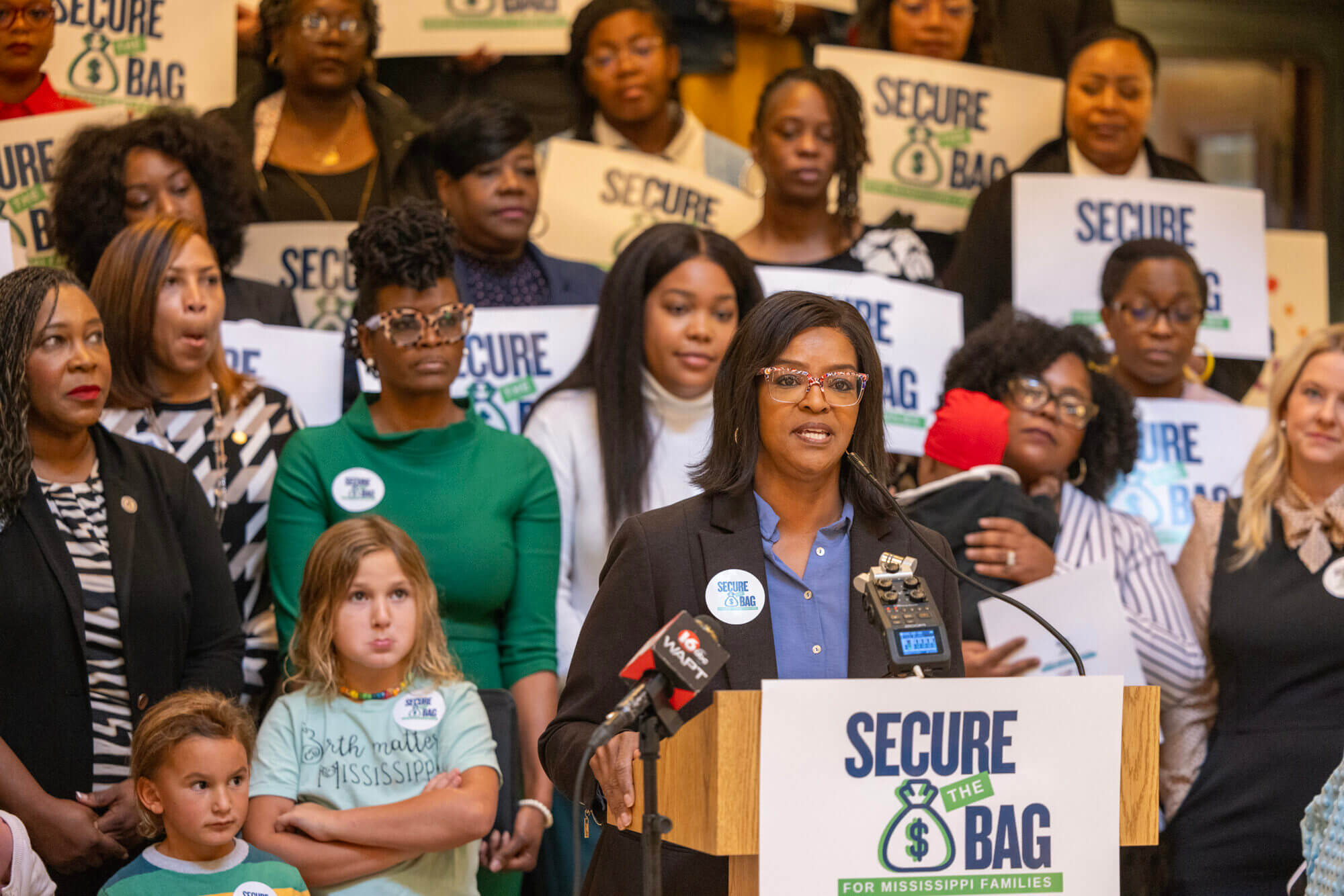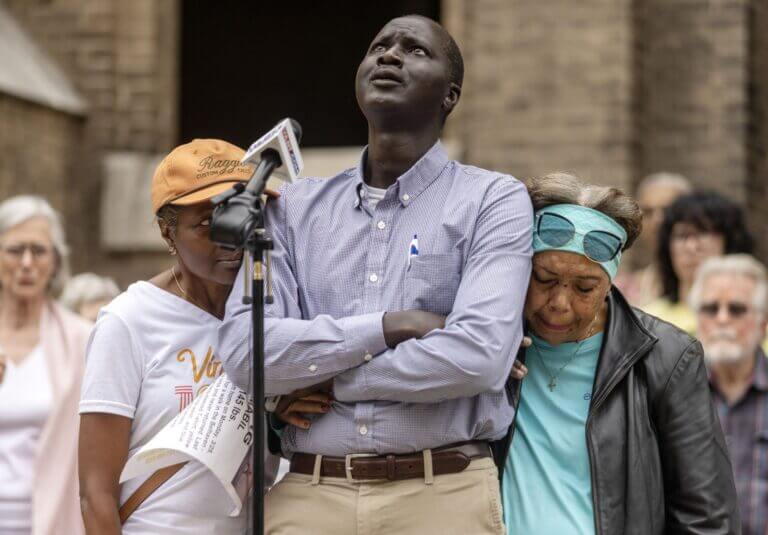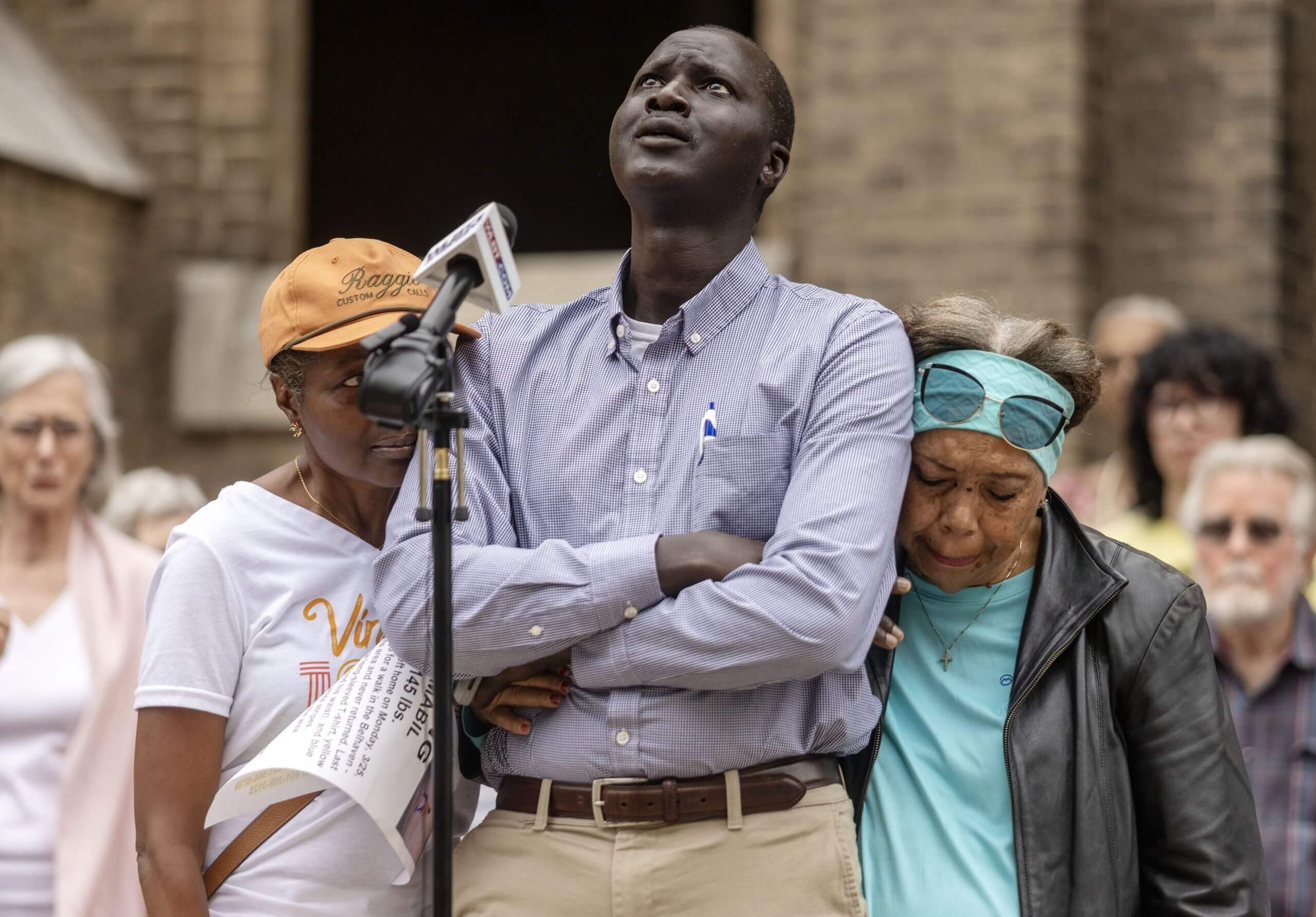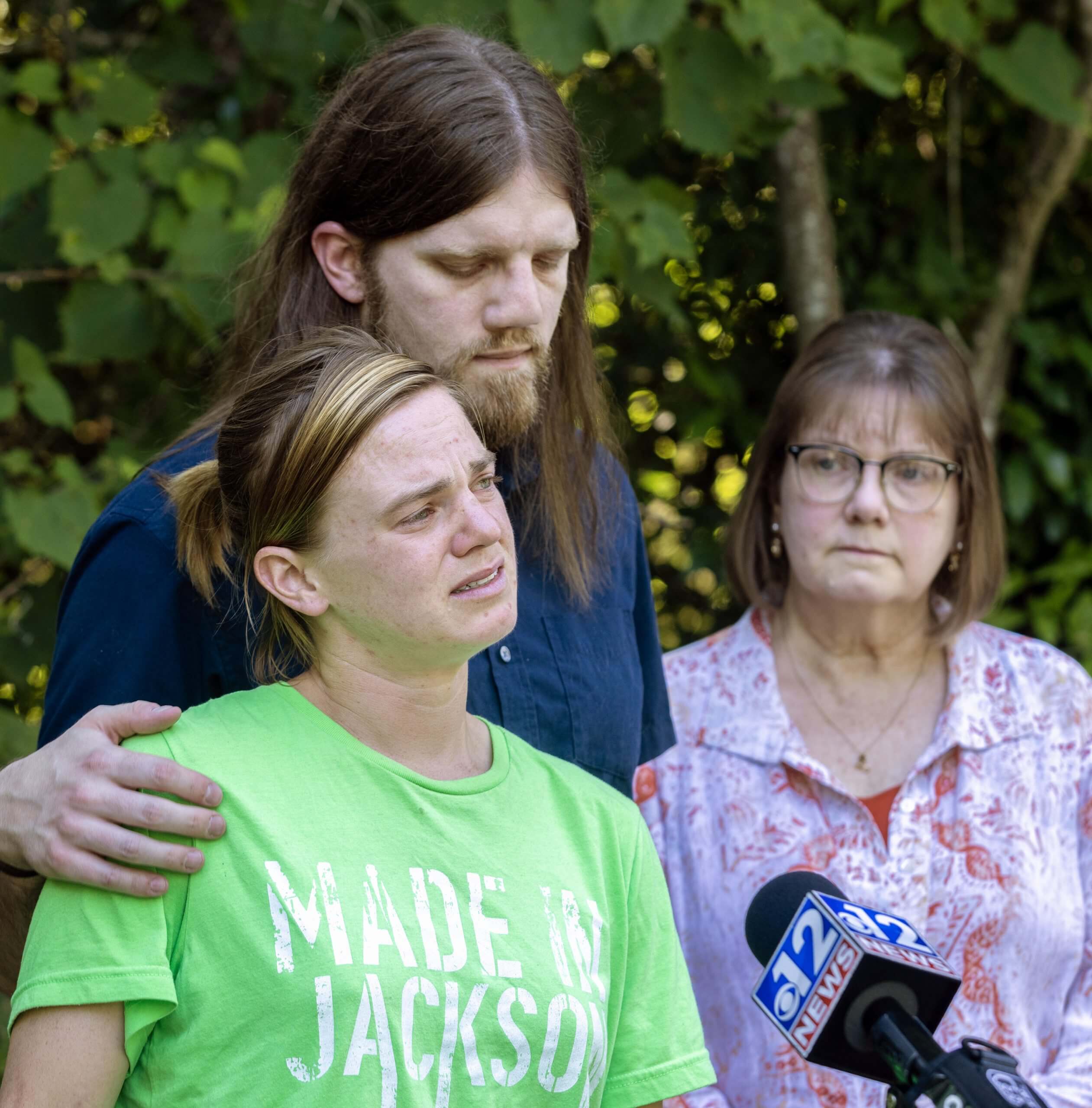
OXFORD — In basketball, urgency matters. Mississippi State played with a clear sense of urgency here Saturday evening. Ole Miss did not.
That stark difference translated to a badly needed 80-70 victory for the Bulldogs, who completed a sweep their two-game series with the Rebels. This one didn’t seem nearly as close as the final score would indicate.

Ole Miss (now 19-7 overall and 8-5 in the SEC) came in with a three-game winning streak, including two straight on the road. The last time the Rebels had played at home, they blew away blue-blood Kentucky with an almost perfect performance. In contrast, State (18-7, 6-6) came in having lost six of nine (three of their last four) and desperately needing a victory on their arch-rival’s home floor. The Bulldogs snatched that victory with the same ferocity they snatched rebounds and loose balls. They seemed to get every rebound that mattered.
Surely, Ole Miss players wanted to win. Everybody wants to win. But State needed to win. The Bulldogs desperately needed to win. They played like it. As Sean Pedulla, the Rebels’ normally sharp-shooting guard put it, “They played like they had a chip on their shoulder.” He said the Rebels played as if they were “complacent.” His word, not mine.
Someone asked Pedulla if the Rebels were tired after two straight difficult, down-to-the-wire road wins Pedulla answered, “We weren’t tired; we just weren’t aggressive.”
Pedulla said more. “When you play a team that’s playing for a lot right now and as competitive as they are, it’s going to show like it did today,” he said. “They were definitely the most aggressive team today in pretty much every category.”
State was. It seemed as if every time a shot was missed, two or three Bulldogs crashed the boards, compared to a single Rebel. In two meetings now, State has out-rebounded Ole Miss 99-65. That’s dominance with a capital D.
It’s no great secret Ole Miss has achieved its 19-7 record and No. 19 national ranking despite severe rebounding deficiencies. Thing is, the Rebels usually make up for that rebounding deficit with Grade A defense and by forcing far more turnovers than they commit. That wasn’t the case Saturday night. State committed just one more turnover than Ole Miss (15-14).
When State defeated Ole Miss 84-81 in overtime four weeks before at Starkville, the Bulldogs out-rebounded the Rebels 51-29. The Rebels kept it closer that time by out-shooting the Bulldogs and by out-scoring State 14-3 on points off turnovers. Ole Miss had no such advantages this time. The Bulldogs not only out-rebounded the Rebels, they out-shot them and thoroughly out-hustled them.
Ole Miss started well. The Rebels led 22-15 with eight minutes to play in the first half. Then, it was as if both teams switched gears with State going into overdrive and Ole Miss seemingly into reverse. Over the next 19 minutes of playing time, State out-scored the Rebels by 26 points. With 8:55 to play in the game, State led by 19. From seven points down, to 19 up in just 19 minutes – that’s getting it done.
Beard tried everything he could to change the momentum: timeouts, substitutions, encouragement, butt-chewings, benchings. Nothing worked.
Because of severe impending weather, State did not make players available post-game and State coach Chris Jans was brief in his postgame comments. Beard, on the other hand, had all five of his starters appear at the postgame conference. It was as if he wanted all to face the music, as the saying goes. When asked why he had chosen to break postgame precedent, Beard replied, “Hopefully some of you guys asked questions that need to be asked.”
“I’m not throwing the players under the bus,” Beard said. “It’s my job to get them ready to play. . . . There was a lot of softness to us tonight.”
Beard went on to apologize to the packed house of mostly Ole Miss fans who drove to the game and “paid good money” to attend. He seized on one his star player’s use of the word “complacent.”
“If complacency is a part of this, then we have some guys that really need to do some soul-searching,” Beard said. “Complacent for what? What have we done that allows us to be complacent?”
Jans, who now holds a 5-1 record against Ole Miss, praised his team’s aggressiveness and togetherness. Yes, he said, the Bulldogs really needed a victory given their recent slump. But he stopped short of saying his team displayed a sense of urgency that State’s arch-rival did not.
Jans didn’t need to. It was clearly evident to anyone who watched. The Bulldogs just played harder. They wanted it more. That’s urgency.
The post Mississippi State snatches season sweep over ‘complacent’ Ole Miss appeared first on Mississippi Today.




